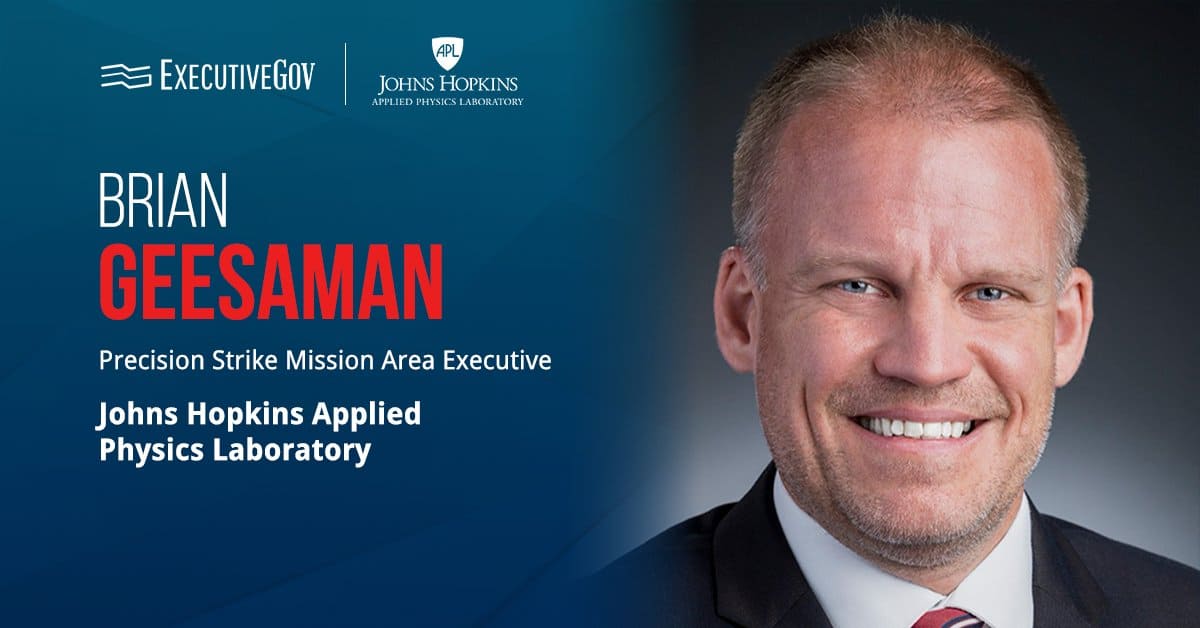Rep. Adam Smith, D-Wash., chairman of the House Armed Services Committee (HASC), said he believes the incoming Biden administration should come up with a new National Defense Strategy to offer direction for further assessment of nuclear policy and budget-related issues, USNI News reported Friday.
Smith said the U.S. should have a “no-first-use policy” as part of the strategy since “nuclear weapons are a special case” as well as maintain “robust deterrence."
He noted there are the three questions that should be asked when establishing a robust and cost effective defense and those are identifying the goal, objective and tools needed.
Smith also mentioned the extension of the Strategic Arms Reduction Treaty with Russia, the inclusion of China in discussions over the treaty and the idea of rejoining the Iran nuclear agreement.





